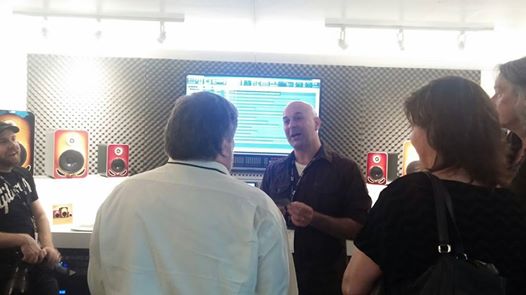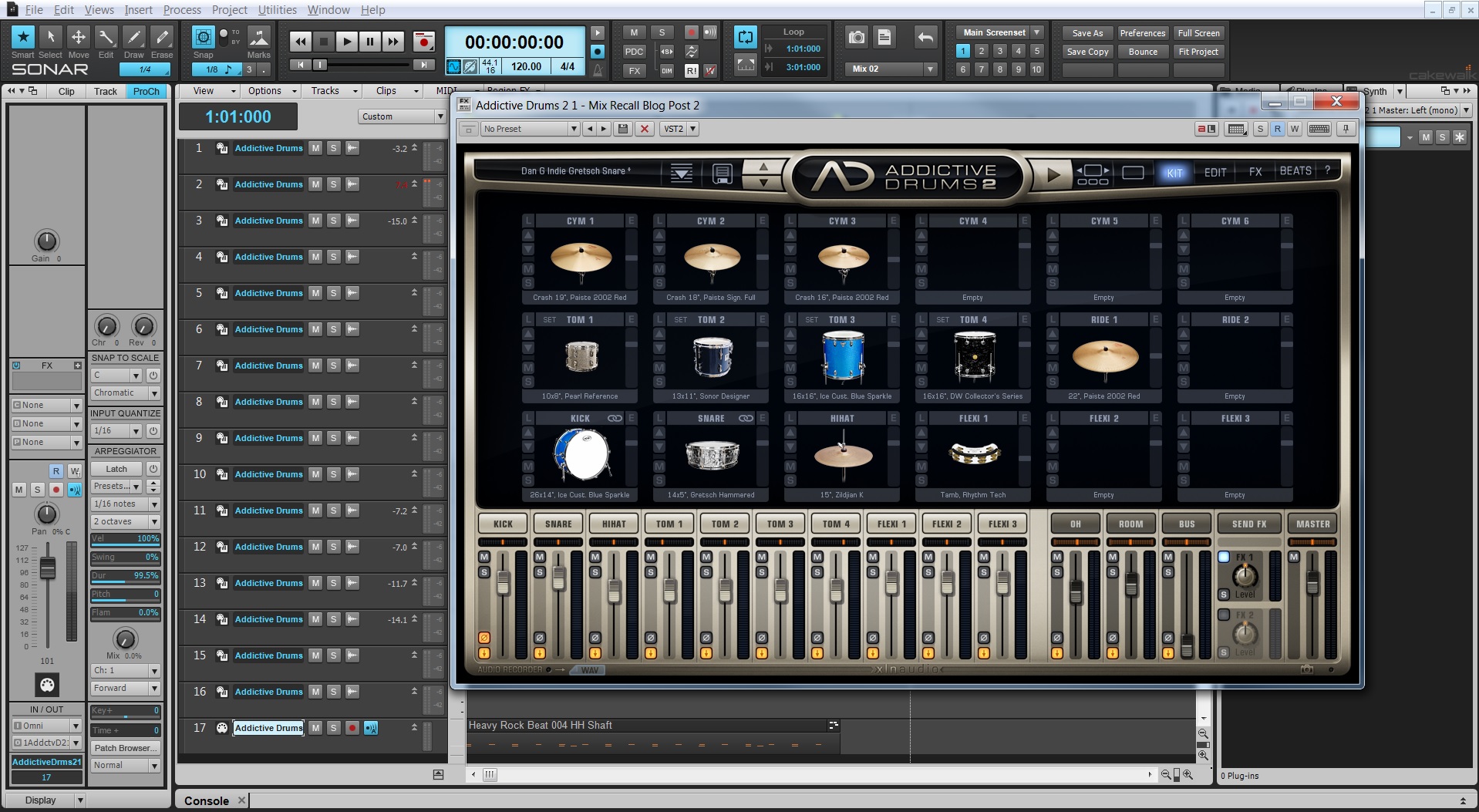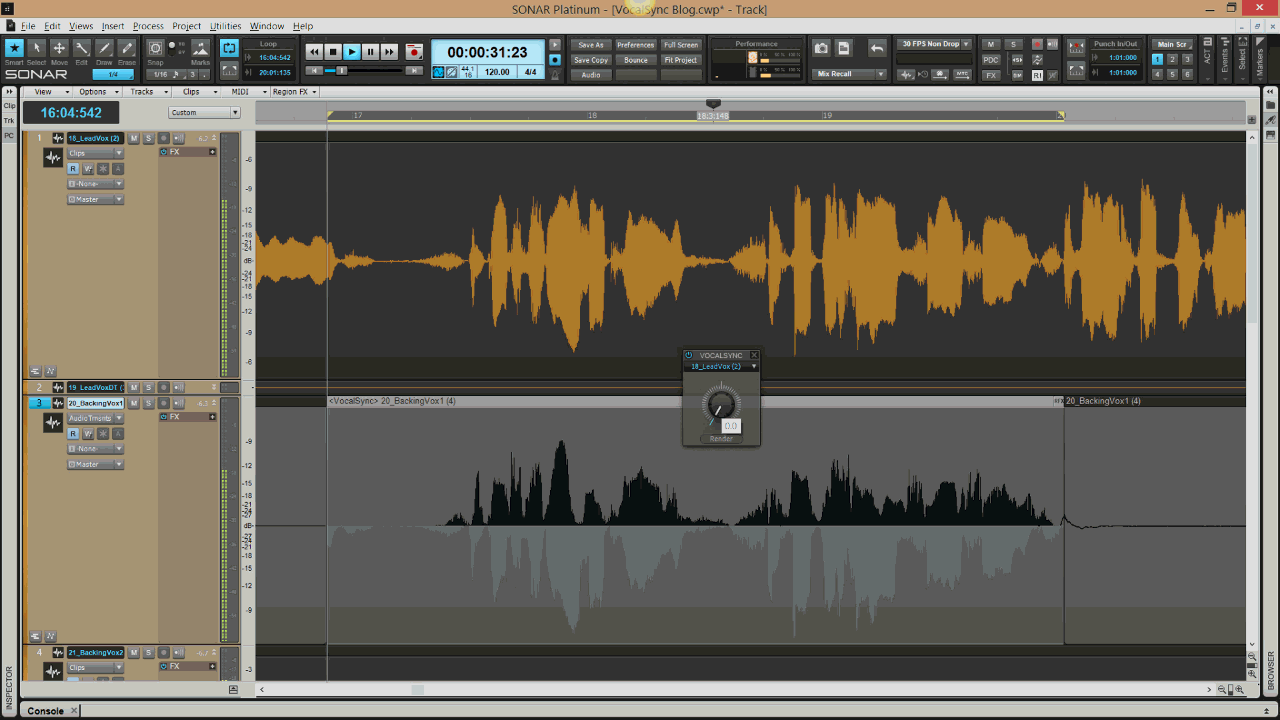by Dan Gonzalez
Convolution Reverb, now in the ProChannel
New to SONAR Professional and SONAR Platinum is the increasingly popular and imaginative REmatrix Solo. REmatrix Solo uses convolution to mimic real life halls, rooms, plates, and other reverberant spaces. In order to do this, engineers use something called a sine sweep or starter pistols to excite a real space like a church or bathroom. Typically you need to use a space that has a particularly natural short or long decay and does not have artifacts like flutter verbs or cancelling frequencies. You can even capture the sound of other reverb plugins and import that sound into REmatrix Solo.
This version is based off of a the full REmatrix plugin by Overloud. Currently, REmatrix Solo allows users to play a single IR but in the full version, you can play up to 5 IRs at once – allowing you to cross-pollinate your favorite reverbs into one lush space.
What’s the difference between Breverb and REmatrix Solo
Breverb and REmatrix Solo actually use different technology to create reverb. Breverb is based on a famous digital reverb found in almost every major recording studio. Breverb uses a dedicated or similar algorithm to recreate things like Early Reflections, Late Reflections, Pre-Delay, Decay, and other elements of a reverb. Breverb recreates a digital reverb whereas REmatrix uses the aforementioned convolution methods to convolve passing sounds with data from real life spaces. Breverb lets you tweak the elements of reverb and REmatrix creates a space around your sound.
Here’s a in depth look at the REmatrix Solo plugin brand new to SONAR Professional and SONAR Platinum.



 SONAR Platinum
SONAR Platinum







